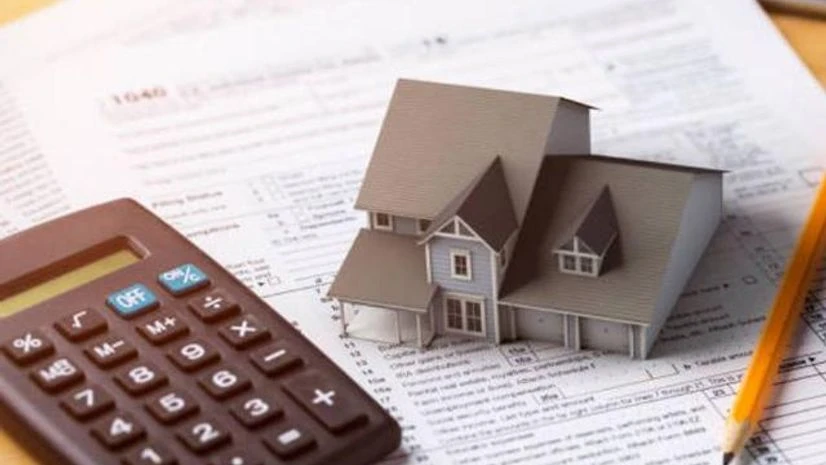In a relief to prospective home loan buyers, large mortgage players, such as State Bank of India, ICICI Bank, and HDFC, have extended their special home loan rates for new customers. These rates are slightly lower than those for existing customers.
The move comes after the Reserve Bank of India (RBI) kept the policy repo rate unchanged during the February review of the monetary policy. “Since the central bank has paused, the existing special schemes have been extended at least till the end of the month,” said an official of a large home loan lender. “We will review the rates next month,” the official said.
The special rate for HDFC is 8.5 per cent for the “best” customers with regards to credit rating. SBI is charging 9.15 per cent for customers with CIBIL score of 800 or above, if the first disbursement is taken before April 30, while ICICI Bank is charging 9 per cent.
The decision by lenders to keep home loan rates unchanged brings relief to borrowers as interest rates have increased sharply in the last year following monetary policy tightening by the RBI.
The RBI has increased the policy repo rate by 250 bps between May 2022 and February 2023. In a surprise to the market, the central bank decided to keep interest rates unchanged in the April review of monetary policy at 6.5 per cent. Home loan rates, which were around 6.5 per cent a year ago, have gone up by about 200-250 bps since then.
Also Read
The decision to continue with the special rates also comes at a time when home loan demand has slowed down following the sharp rise in interest rates.
“…the data shows a slowdown in demand for home loans, with a -1 per cent year-on-year (YoY) decline in demand and -6 per cent YoY decline in supply. This trend may signal that prevailing conditions like higher inflation and rising interest rates have impacted consumer sentiment, prompting a conservative approach in taking high ticket loans,” TransUnion CIBIL Credit Market Indicator (CMI) report observed.
Inquiry volumes for home loans for the three months ending December 2022 were 1 per cent lower than the year-ago period, while the same for personal loans and credit cards shot up by 50 per cent and 77 per cent, respectively, it added.
CMI findings show a marked increase in demand for credit cards and personal loans, indicating growing adoption of consumption-led credit products that provide convenience and liquidity.
According to the RBI data, credit to the housing sector, which was growing at 16.2 per cent YoY till October 21, 2022, slowed down to 15.4 per cent on January 27, 2023. The impact of hardening of rates on affordable housing was much higher, growing by 2.4 per cent in January as compared to 9.1 per cent in October. Such loans have actually contracted by 0.3 per cent in the financial year ended January 27, 2022.

)
